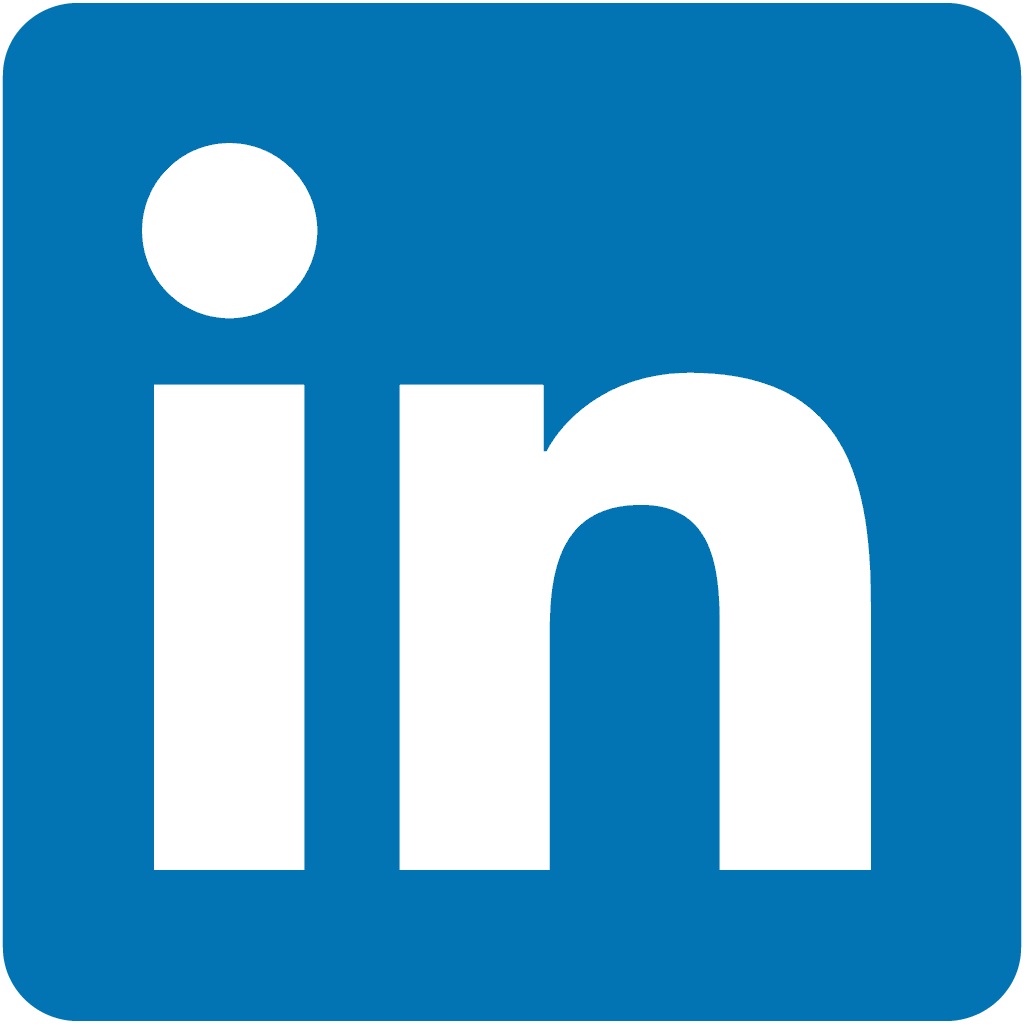Technology
What Microsoft Shareholders Can Expect From the $26.2 Billion LinkedIn Acquisition

Published:
Last Updated:

It is not that often that you hear about $26 billion mergers. It is even more unusual to see a large transaction in social media. That was then, this is now. Microsoft Corp. (NASDAQ: MSFT) announced on Monday morning that it would acquire LinkedIn Corp. (NYSE: LNKD). The deal is an all-cash transaction valued at $26.2 billion, inclusive of LinkedIn’s net cash. LinkedIn shareholders will receive compensation of $196 per share in the deal.
While this represents a 49.5% premium to LinkedIn’s closing price of $131.08 on Friday, what needs to be considered here is beyond just the social media aspect. 24/7 Wall St. wanted to see what Microsoft actually gets for its money.
For starters, Microsoft is financing this acquisition primarily through the issuance of new debt. Microsoft’s March 31, 2016, balance sheet listed roughly $117 billion in cash and short-term and long-term investments. Unfortunately, much of that cash is locked up overseas and would come with a large repatriation penalty. Microsoft already has $40.9 billion in long-term debt, and the total assets versus liabilities was $181.9 billion to $107.1 billion.
Microsoft said in its press release that it expects LinkedIn’s financials to be reported as part of Microsoft’s Productivity and Business Processes segment. The acquisition is expected to have minimal dilution of roughly 1% to Microsoft’s non-GAAP earnings per share for the remainder of fiscal year 2017 post-closing and for fiscal year 2018. Microsoft expects that it will become accretive to its non-GAAP earnings per share in fiscal year 2019 (or less than two years after closing).
If Microsoft is using this much cash from a debt issuance, what about the buyback that it is involved in? Microsoft’s press release reiterated that it intends to complete its existing $40 billion share repurchase authorization by December 31, 2016. That timeframe remains the same as well.
LinkedIn will retain its own brand, as well as its own culture and independence. Jeff Weiner will remain CEO of LinkedIn, and he will report to Microsoft CEO Satya Nadella. Another win here, which was of course mandatory, is that Reid Hoffman, who is LinkedIn’s chairman of the board (as well as co-founder and controlling shareholder), fully supports the merger.
What will happen is that the top social media site for professionals will merge with the professional cloud after LinkedIn launches a new version of its mobile app targeted increased member engagement. As far as what else Microsoft will get, the effort is said to enhance the LinkedIn newsfeed to deliver better business insights. The LinkedIn acquisition of the online learning platform called Lynda.com was also referenced. LinkedIn also rolled out a new version of its Recruiter product to enterprise customers.
Monday’s press release showed the following growth metrics year-over-year for LinkedIn:
The transaction has been unanimously approved by the boards of directors of both LinkedIn and Microsoft. The deal is expected to close this calendar year and is subject to approval by LinkedIn’s shareholders, although this premium and a tight control should lead the deal to close without much interruption. Also noted in order to close were the satisfaction of certain regulatory approvals and other customary closing conditions.
24/7 Wall St. also wanted to consider what this may add to the revenues and income for Microsoft after the deal closes. Microsoft’s revenue was $93.6 billion in 2015. The consensus estimate for 2016 is $91.5 billion in revenue, followed by $95.1 billion for 2017.
LinkedIn and Microsoft have different year-end reporting times, but here is what took place in 2015: LinkedIn had $2.99 billion in revenue and an operating loss of $150 million. Taking out $150 million in synergies will help handily on LinkedIn’s $1.52 billion in selling general and administrative expenses for 2015. Thomson Reuters has consensus estimates for 2017 earnings per share (EPS) at $4.26 (versus $2.84 EPS in 2015) and revenues at $4.45 billion ($2.99 billion in 2015).
24/7 Wall St. also included what the leadership team of each company said about this merger.
Satya Nadella:
The LinkedIn team has grown a fantastic business centered on connecting the world’s professionals. Together we can accelerate the growth of LinkedIn, as well as Microsoft Office 365 and Dynamics as we seek to empower every person and organization on the planet.
Jeff Weiner:
Just as we have changed the way the world connects to opportunity, this relationship with Microsoft, and the combination of their cloud and LinkedIn’s network, now gives us a chance to also change the way the world works. For the last 13 years, we’ve been uniquely positioned to connect professionals to make them more productive and successful, and I’m looking forward to leading our team through the next chapter of our story.
Reid Hoffman:
Today is a re-founding moment for LinkedIn. I see incredible opportunity for our members and customers and look forward to supporting this new and combined business. I fully support this transaction and the Board’s decision to pursue it, and will vote my shares in accordance with their recommendation on it.
LinkedIn shares were last seen trading up 47.2% at $192.99 on Monday morning. The stock’s consensus analyst price target was $163.66, and the highest price target was $225.00. The 52-week high is $258.39. This post-news price action represents a scenario whereby the expectation would be 1) that the deal will close and 2) that LinkedIn will get no rival bid that tops the Microsoft price.
Microsoft can of course afford the $26.2 billion, considering its vast cash and market cap of almost $400 billion. Wall Street’s reaction had Microsoft shares down 3.2% at $49.81. Its consensus price target is $57.79, and the 52-week range is $39.72 to $56.85. Microsoft also has a dividend yield of 2.8%, while LinkedIn has not paid its shareholders a dividend.
Thank you for reading! Have some feedback for us?
Contact the 24/7 Wall St. editorial team.